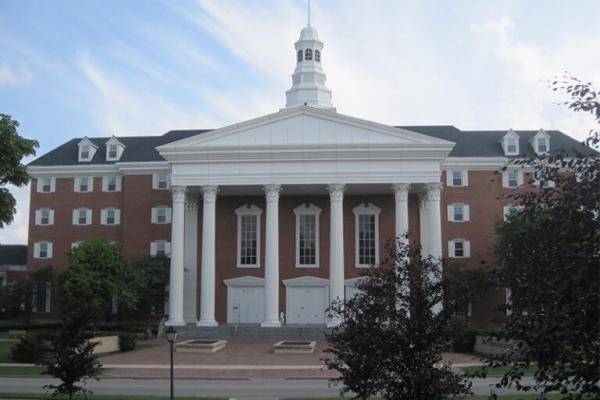Nov 21, 2016
Exit polls suggest 81 percent of white evangelicals voted for President-elect Donald Trump.
But support for Trump may have been less decisive on Christian college campuses, where most students are also white evangelicals.
A Washington Post/ABC News poll, before the election, found the views of younger adults do not align with some older ones, when it comes to their beliefs about Trump supporters.
Read the Full Article

Already a subscriber? Login
